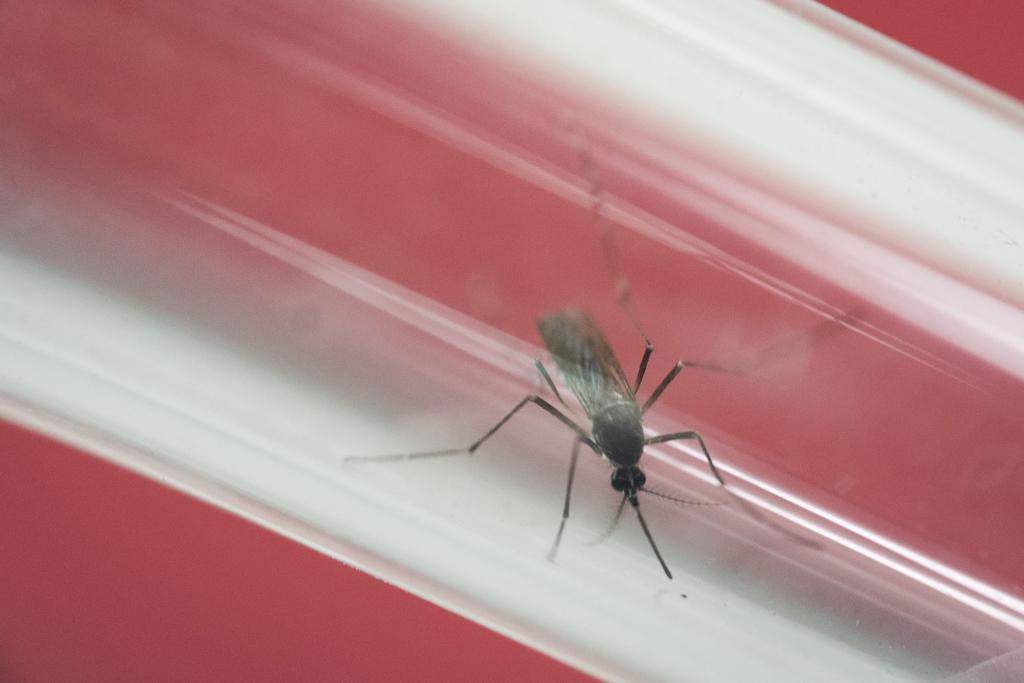Number of Swiss Zika cases jumps to 41

Forty-one cases of the Zika virus have been reported in Switzerland so far this year – including 12 in the past four weeks alone, the government said on Monday.
The number of registered cases has risen by 150% in the past four months, up from 16 in May, and the actual number of cases, including those unreported, could be far higher. Four of the cases were reported just in the first week of September, according to the latest bulletinExternal link from the Federal Office of Public Health, which includes statistics on dozens of communicable diseases. Mandatory reporting of people who contracted the Zika virus began in Switzerland on March 7.
The World Health Organization (WHO) declared Zika an international health emergency on February 1. It also called for more research to determine the effects of the different Zika strains. Most people infected by Zika don’t know they have it, and it is harmless in most cases but can cause neurological complications.
The current outbreak began in Brazil in May 2015. Over the past year the Zika virus has become a global epidemic, with the virus being transmitted locally by mosquitoes in more than three dozen countries and territories, mostly in Latin America and the Caribbean, but also in Africa and the western Pacific.
It has been found to cause the birth defect microcephaly, in which the brain and head of the baby are undersized, and other severe brain abnormalities, if a pregnant woman is infected. The connection to microcephaly first came to light in Brazil, the hardest hit area of Latin America.
No treatment
In Switzerland, the Lausanne University Hospital said in August it was starting a worldwide register of women who contracted the Zika virus during pregnancy to help with scientists’ understanding of the virus.
One of the questions the Lausanne researchers want to find out is whether transmission of the virus through sexual intercourse is as dangerous as an infection from a mosquito. The United States also has a register, but only for domestic cases. There is still no treatment for the Zika virus.
The virus is not new, but it has garnered fresh attention as scientists began to link it to increases in microcephaly and a rare autoimmune disorder. It was first detected in Uganda in 1947 before spreading to equatorial Asia in the 1960s and 1980s.
Scientists say the Aedes aegypti mosquito is the main transmitter of the virus, but other types of mosquitoes also may be a factor in temperate climates. A mosquito pick up the virus from a human then infects someone else by injecting saliva from its proboscis.

In compliance with the JTI standards
More: SWI swissinfo.ch certified by the Journalism Trust Initiative



You can find an overview of ongoing debates with our journalists here. Please join us!
If you want to start a conversation about a topic raised in this article or want to report factual errors, email us at english@swissinfo.ch.